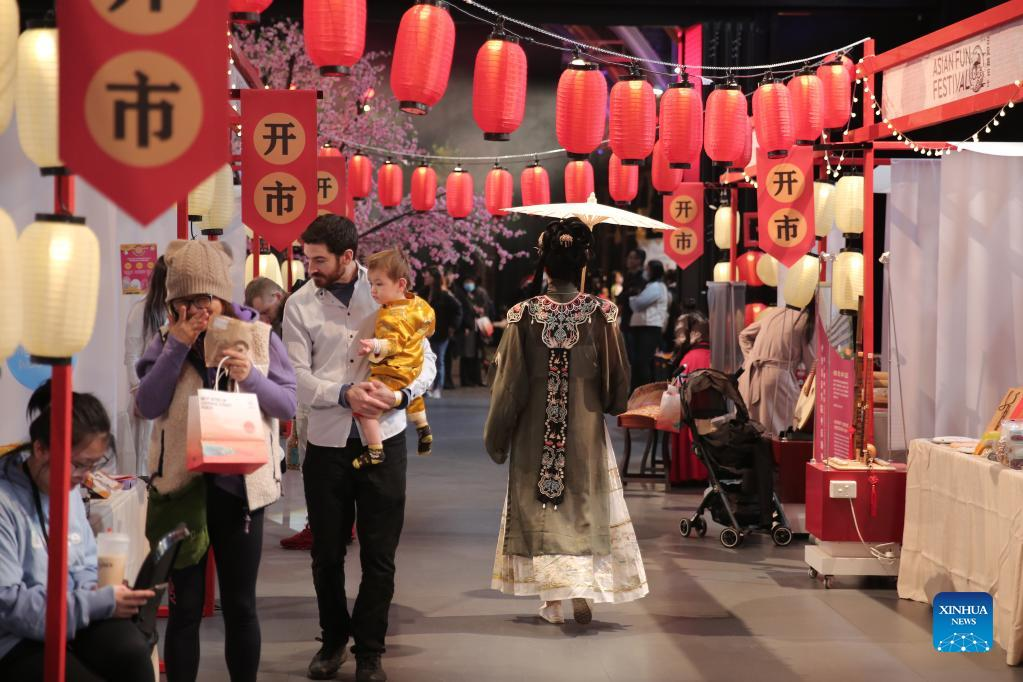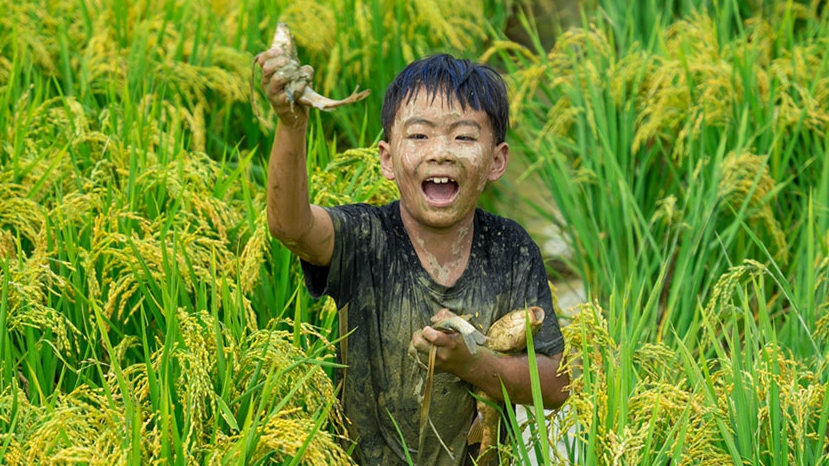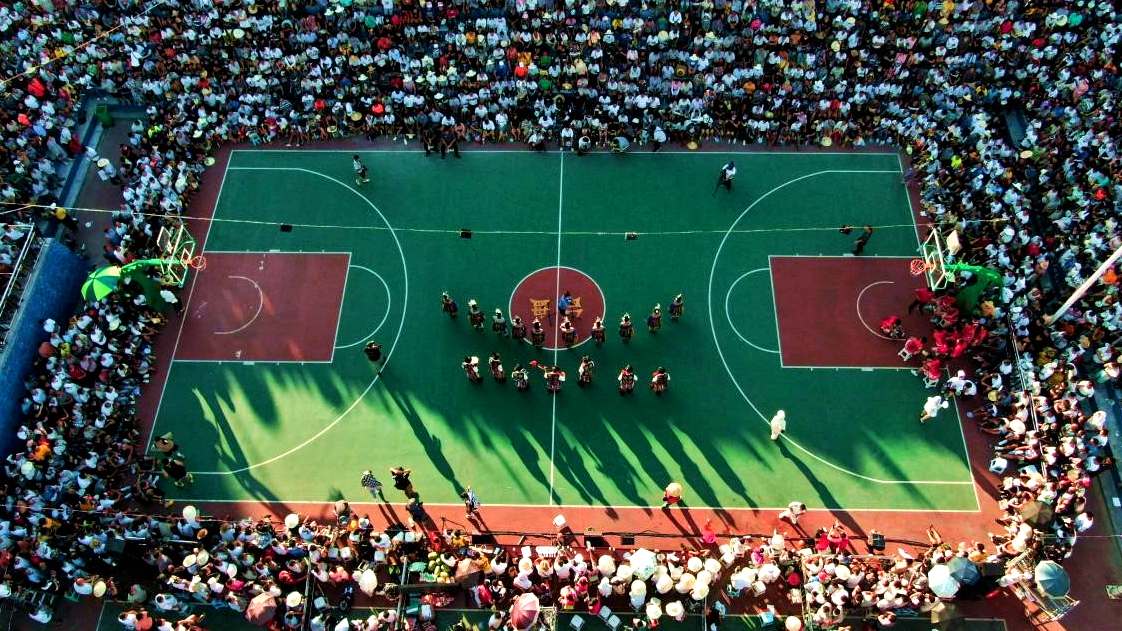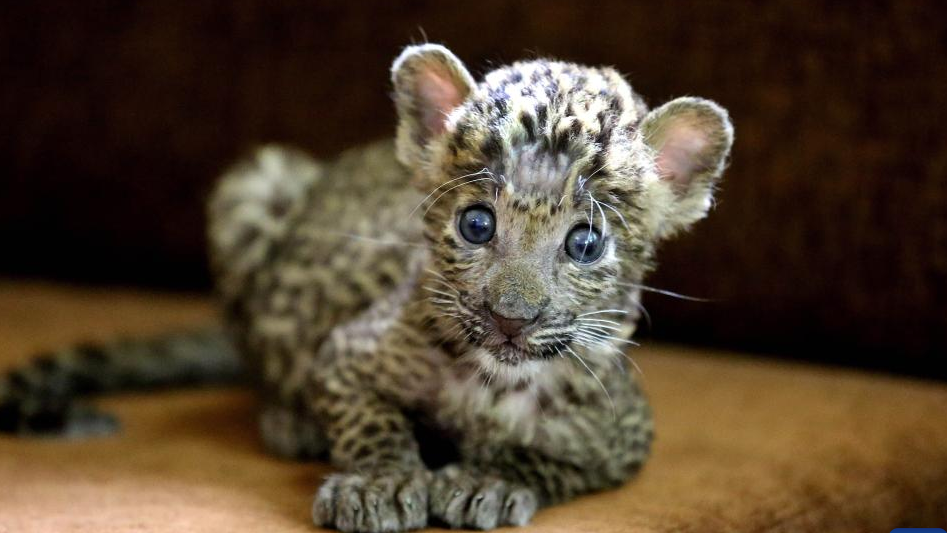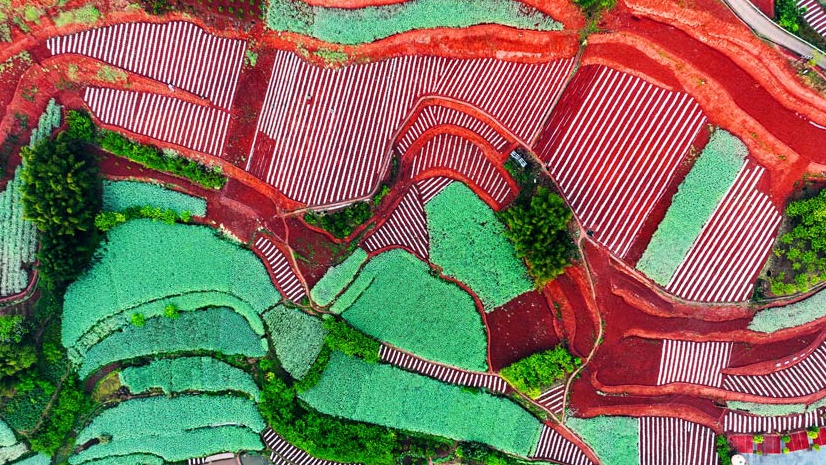Feature: Back in trendy style, Chinese Mid-Autumn celebrations embellish Australia's "cultural capital"
People stroll in a traditional street market to celebrate the Chinese Mid-Autumn Festival in Melbourne's Meat Market, Australia on Sept. 10, 2022. (Xinhua/Wang Qi)
MELBOURNE, Australia, Sept. 11 (Xinhua) -- Not even waiting for the full moon up in the sky, celebrations have already unveiled curtains on Saturday noon in Melbourne, which the Victoria state called "Australia's cultural capital."
For the whole weekend, the main stage of Meat Market, an iconic state heritage with over 200-year history, is set for Chinese festive shows, not limited to Chinese chic music, martial arts and moon-praising rituals, while the entire venue turns into a Mid-Autumn street market, where the East meets the West and the present interacts with the past.
Walking through a curtain, hearing the sound of guzheng reverberating and adapting eyes to indoor lights, visitors then commence an immersive experience of how an ancient Chinese may possibly mark a Mid-Autumn day with families and friends, like playing a real-life role-playing game: wearing the traditional clothing of the Han ethnic group "hanfu", picking up a rabbit lantern at a streetside stall, and having a calligrapher write down some moon-related blessings.
Starting her learning of Chinese calligraphy at three, Dongdong attributed her writing technique to her grandparents' nurture, chose "Four Treasures of Study" to represent her role and decorated her booth with well-written wish tags.
"Many locals came to my booth, asking me if I could translate their names into Chinese and write it down," she said. "Everyone loves this art form."
Dongdong now helps run a Chinese cultural body in Melbourne. When receiving the event invitation, she and her teammates also decided to introduce the classic moon-praising ceremony to the audience. "We produced a play to help people understand the festival," she said.
According to Dongdong's observation, the Chinese culture is gaining increasing popularity worldwide, with the Chinese people at home and abroad focusing on cultural protection.
"I remember that when I went outside wearing 'hanfu' early this year, people came to ask me if it's a Chinese costume." Dongdong said at that moment she felt her culture-promoting efforts have paid off.
As one of the models performing in the "hanfu" dressup fashion show, Jessica wore a green and red dress typical of the Tang dynasty style, with floral makeup on the face and, more importantly, a pipa in her hands, whose dance reminded people of the Flying Apsaras in Dunhuang.
"I started learning pipa at an early age. And both my parents majored in Chinese literature at college. I have developed a strong interest in Chinese classic culture since childhood," Jessica told Xinhua.
She said in Melbourne, many young people of the post-2,000 generation love "hanfu" and have a sharp mind of connecting the traditional and the pop culture.
For Jessica, music and dance are instrumental in cross-culture exchange, as they can surpass any language or cultural barrier.
Getting the inspiration from a younger member of her "hanfu" society, who used Chinese traditional instruments to play the theme song of the phenomenal Chinese cartoon "Big Fish and Begonia", Jessica also plucked her beloved pipa to perform the music piece of "Story Of MingLan", a Chinese TV drama set in the Northern Song dynasty, as part of their weekly street performance.
At the Meat Market, those unfamiliar with China and its culture may rediscover a multi-dimensional country through its food, costume, etiquette as well as folk arts, such as the face-changing in Sichuan opera and leather-silhouette show.
Meanwhile, 360-degree video taking, hip-hop songs and Chinese jazz dance add a modern twist to the cultural experience.
Originating from China, the Mid-Autumn festival is now celebrated by many countries, including South Korea, Japan and Vietnam.
Born and bred by a Vietnamese-Italian family in Australia, Ariana Yen borrowed her mother's 30-year-old wedding ao dai (a traditional Vietnamese costume) embroidered with Chinese character "Double Happiness".
For her first time branching out of Chinese New Year celebrations, Yen said the Mid-Autumn festive vibe and traditions look very familiar to her.
For the Vietnamese, "trung thu" means a family-gathering time as well. "We eat mooncakes. There isn't a specific type of mooncake we have, but I tend to go for the red bean moon cake. And on this day, I will bless my rabbit with a lot of love," said Yen.
 |
Photos
Related Stories
- People have fun during Mid-Autumn Festival holiday
- Consumption boosted during Mid-Autumn Festival holiday
- China's holiday sees nearly 80 mln domestic tourist trips
- Holiday consumption trends highlight China's growth potential
- Holiday goers opt to spend vacations closer to home
- Various activities held across China during New Year holiday
- Workers stick to their positions across China during New Year holiday
- China's railway passenger trips hit 21.42 mln during three-day New Year holiday
- People enjoy New Year holiday across China
- Holiday season in Beirut, Lebanon
Copyright © 2022 People's Daily Online. All Rights Reserved.






